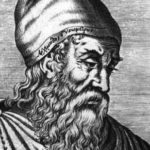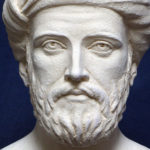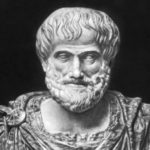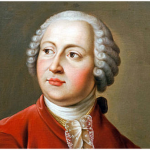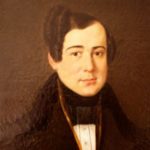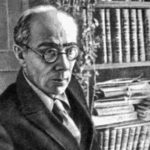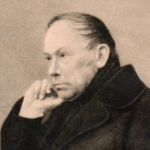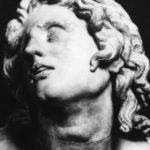Facts from the life of Rene Descartes
 The famous scientist Rene Descartes excelled in many sciences. Being the owner of a living mind, throughout his life he eagerly absorbed new knowledge, which he passed through his talent, made new discoveries and shared them with the whole world. In Descartes’ biography, his contribution to the development of mathematics is most often mentioned, but in fact he made a lot of equally important discoveries in other fields.
The famous scientist Rene Descartes excelled in many sciences. Being the owner of a living mind, throughout his life he eagerly absorbed new knowledge, which he passed through his talent, made new discoveries and shared them with the whole world. In Descartes’ biography, his contribution to the development of mathematics is most often mentioned, but in fact he made a lot of equally important discoveries in other fields.
His grandmother was raising a future scientist, because his mother died a year after the birth of her son, and his father lived in another city as a matter of duty, and rarely visited him.
The city in which Rene Descartes was born was later renamed in his honor. Now he is called Descartes.
Young Rene was a very inquisitive child who wanted to know everything, and therefore he always fell asleep with questions around him. Because of this, Descartes Sr. even called him “the little philosopher”.
In his youth, Descartes received a religious education, which predetermined his cold attitude to the church in the future.
Rene Descartes was descended from noblemen, however, small and not very noble.
At one time he served in the Dutch army, and even took part in the battle for Prague during the Thirty Years War.
Later, Descartes refused an army salary in exchange for his permission not to take part in parades and exercises, so that he would not be distracted from mathematical research.
Descartes had a daughter, born out of wedlock to his servant, but she died in childhood, which crippled the great scientist.
The coordinate system invented by him is called Cartesian, and it is still used throughout the world.
Rene Descartes, fascinated by many sciences, was in correspondence with many prominent European scientists of that era.
Descartes made a huge contribution to the development of mathematics, physics, and physiology. At the same time he was fond of other sciences – meteorology, astronomy and philosophy.
When it became known about the persecution of Galileo by the church, Descartes wrote to his friend, the scientist Mersenne, that he was afraid to publish his books.
Among the other inventions of Descartes is the numbering of chairs in theaters. Until now, this system is used throughout the world, in all countries.
Cardinal Richelieu, known to many of us from A. Dumas’s book The Three Musketeers, favored the work of the scientist and patronized him in their publicatio
n in France.
Throughout his life, Descartes had rather poor health, he was often ill and was not strong at all.
According to the official version, Rene Descartes died of pneumonia and pneumonia caused by him, but some believe that he was poisoned.
Soon after the death of a scientist, the church added his books to the list of prohibited ones.
Descartes died in Stockholm, but 17 years after his death, his ashes were transported to Paris, where he remains to this day.

